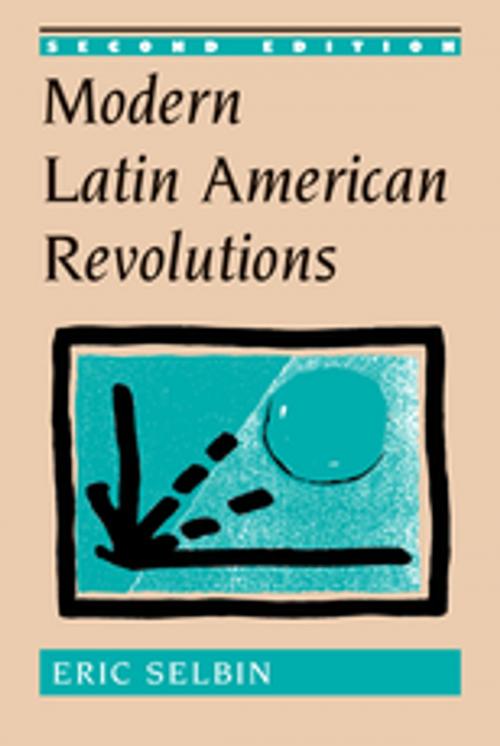| Author: | Eric Selbin | ISBN: | 9780429974595 |
| Publisher: | Taylor and Francis | Publication: | February 7, 2018 |
| Imprint: | Routledge | Language: | English |
| Author: | Eric Selbin |
| ISBN: | 9780429974595 |
| Publisher: | Taylor and Francis |
| Publication: | February 7, 2018 |
| Imprint: | Routledge |
| Language: | English |
In contrast to previous studies that have centered on the institutionalization of revolution in Latin America and the Caribbean, Modern Latin American Revolutions, Second Edition, introduces the concept of consolidation of the revolutionary process?the efforts of revolutionary leaders to transform society and the acceptance by a significant majority of the population of the core of the social revolutionary project. As a result, the spotlight is on people, not structures, and transformation, not simply revolutionary transition.The second edition of this acclaimed book has been revised to include new information on the cases of Bolivia, Cuba, Nicaragua, and Grenada, assessing the extent to which each revolution was both institutionalized and consolidated. This edition also boasts expanded coverage on Ch uevara's visionary leadership and an all-new section that addresses the future of revolution in Latin America and the Caribbean. Dr. Selbin argues that there is a strong link between organizational leadership and the institutionalization process on the one hand, and visionary leadership and the consolidation process on the other. Particular attention is given to the ongoing revolutionary process in Nicaragua, with an emphasis on the implications and ramifications of the 1990 electoral process. A final chapter includes brief analyses of the still unfolding revolutionary processes in El Salvador and Peru.
In contrast to previous studies that have centered on the institutionalization of revolution in Latin America and the Caribbean, Modern Latin American Revolutions, Second Edition, introduces the concept of consolidation of the revolutionary process?the efforts of revolutionary leaders to transform society and the acceptance by a significant majority of the population of the core of the social revolutionary project. As a result, the spotlight is on people, not structures, and transformation, not simply revolutionary transition.The second edition of this acclaimed book has been revised to include new information on the cases of Bolivia, Cuba, Nicaragua, and Grenada, assessing the extent to which each revolution was both institutionalized and consolidated. This edition also boasts expanded coverage on Ch uevara's visionary leadership and an all-new section that addresses the future of revolution in Latin America and the Caribbean. Dr. Selbin argues that there is a strong link between organizational leadership and the institutionalization process on the one hand, and visionary leadership and the consolidation process on the other. Particular attention is given to the ongoing revolutionary process in Nicaragua, with an emphasis on the implications and ramifications of the 1990 electoral process. A final chapter includes brief analyses of the still unfolding revolutionary processes in El Salvador and Peru.















